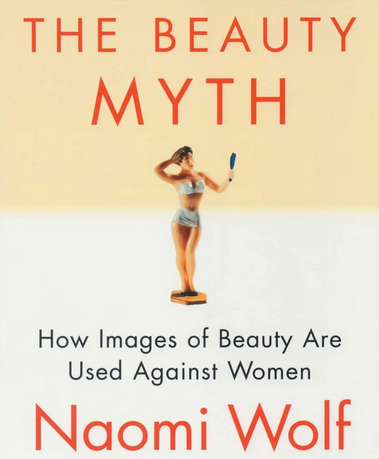By Erin Powers
It is no secret that women in western society face an epidemic of low self-esteem. There is a billion-dollar beauty industry that targets women in an effort to show them how to look better than the natural version of themselves. This is often done through marketing schemes that focus on women’s need to look good for men. The question then becomes why these schemes work and why women have such low levels of confidence. This seems like an obvious or natural question, but it isn’t.
Joey Sprague, in her book Feminist Methodologies for Critical Researchers, raises the idea that in methodology, “Research questions are more likely to explore the deficiencies of those in disadvantaged social positions than of those with social power” (Sprague 14). She goes on to give a specific example, writing,
“It has been much more common to ask, why women have so little self-confidence than why men have so little modesty.”
(Sprague 14)
This became a jumping-off point for me to evaluate why this statement is true, and what architecture has been put in place to support it. I think continued power dynamics where men are placed above women and women are expected to submit to and exist for the male in addition to the beauty industry are some of the largest contributors. Our capitalist society has socialized women through power dynamics and the beauty and fashion industry to have low self-confidence.
Our society, despite efforts for change and inclusion, still places the heterosexual experience of a feminine woman and a masculine man in the spotlight as the “norm” for gender relationships. Girls are taught to look and act a certain way to find a man so they can have “a good life.” Our world says you aren’t pretty unless he says so, and you must not be performing the role of a woman well enough if you are not in a heterosexual relationship. So much female value is found in whether you are in a heterosexual relationship or if you are receiving external validation from a man. Yet women are also told that confidence is attractive and being insecure isn’t “cute” even though we live in a power structure that gives us every reason to struggle with these feelings of insecurity.
Thinking about Joey Sprague’s question, I do wonder if we would find a better approach to this problem if we studied why men had such confidence instead of focusing on why women are so self-conscious. I think we would find that men do not have the pressure to change to appeal to women in the same ways. Yes, there are obviously male stereotypes of attractiveness, but one thing I’ve always noticed is that relationships, where the woman is more attractive than the man, are significantly more common than relationships where the man is more attractive. The continued power dynamics where women are convinced into needing a man is one of the reasons that women suffer from such struggles with self-esteem.
From a more Marxist feminist standpoint, we live in a time where the beauty and fashion industries are worth billions of dollars and are targeted significantly more toward women. Whether it is a company telling women they need to completely cover their face in makeup or change their hair to be beautiful or a company telling you how to “enhance” your natural look it is still focused on the consumption of a product. Women spend countless dollars and hours on wearing makeup every day and getting their hair done nearly every month. Even as efforts toward changing the reason why you are doing these things develop, and people claim it’s for me, not anyone else, it is still directly benefiting the capitalist beauty industry. The industry has developed an architecture that directly benefits from the continuation of women’s low self-esteem. As long as these industries make a profit from women’s low self-esteem, they will continue to exist and thus continue the cycle.
Sprague’s work in methodology inspired me to question the question of why women have such low self-confidence. Now the question becomes how do we change these power dynamics and industry structures to free women?


